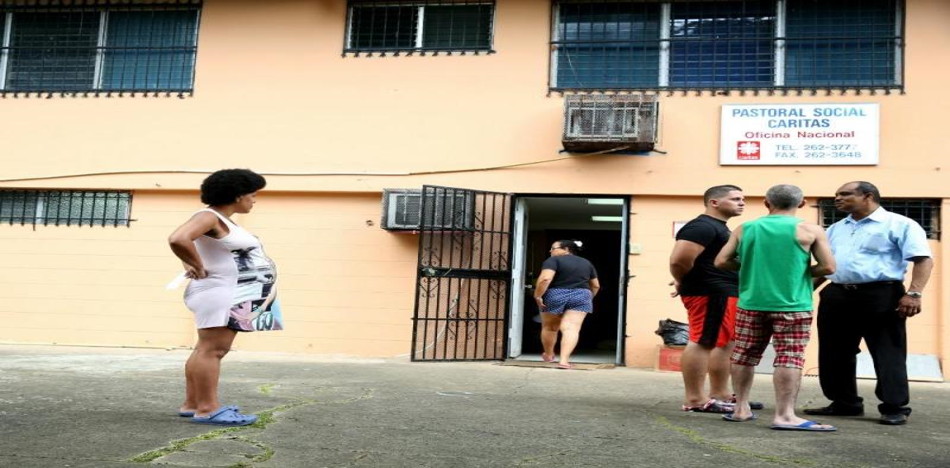Panamanian President Juan Carlos Varela gave an ultimatum to end the humanitarian accommodation of hundreds of Cuban refugees who remain in that country. Varela gave the Caritas Social Pastoral Ministry a one-month deadline to cease the care for Cubans at that time. However, the executive secretary of the shelter for Cubans stated that he would defend the Cubans who are under his care.
The Panamanian president said that the Caritas shelter in Panama City “has been given 30 days to operate.” He claims that the government cannot continue to “encourage such irregular migration by opening such shelters.”
Varela said that the island’s migrants “have to define their future” because “they do not have a way of applying for [migratory] status in Panama.”
“My recommendation has been for them to return to the country where they came from or to be deported to Cuba,” he said.
On its behalf, the Caritas Social Pastoral Ministry of Panama assured that it will continue to serve Cuban migrants in the capital based on humanitarian principles, despite Varela, has set a one month deadline.
Caritas’s executive secretary, Victor Berrio, said that Varela’s position is “totally opposite” to those he expressed in previous months, when he called for “humane treatment for migrants, to show solidarity”, as he said in the Tuxtla Mesoamerican Summit in Costa Rica.
The priest also said that “as in other countries,” the law allows people to be accommodated on the basis of international agreements for humanitarian reasons, and they could even be given asylum.
He assured that he will defend the Cubans “who for me are the poorest of the poor because they have no rights of any kind, they are humiliated and mistreated.”
Cuban refugees often seek to reach mainland South or Central American, with the intention of following a northward route towards the United States, where they formerly benefited from favorable migration status.
Barack Obama ended American “wet foot, dry foot policy” at the end of his presidential term; a move which was heavily criticized by the US’s large Cuban community.
